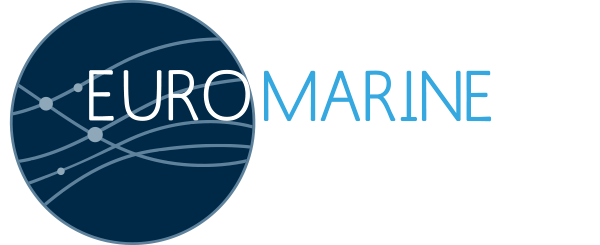ACTIVITY DESCRIPTION
Mounting anthropogenic activities are putting a suite of ever-increasing pressures on ecological systems with subsequent impacts on key ecosystem functions and services vital to human wellbeing. The challenges facing ecologists are to characterise the extent to which the multi-faceted complexity of ecological responses to environmental drivers (e.g. climate change, disturbance) have effects on ecosystem functions such as nutrient, carbon and energy turnover. Assessment of environmental disturbance on communities has typically been conducted taxonomically; however, extrapolating from biodiversity changes at the species level, to changes in ecosystem functioning, is largely assumptive and often context dependant. Another challenge is how to integrate the sometimes transient behavioural, physiological and morphological responses of organisms to environmental pressures, as species-based approaches do not have the mechanistic credentials to capture these biological changes
The aim of this workshop is to bring together a consortium of 15+ experts in marine functional ecology spanning empirical, theoretical and applied backgrounds, to address these challenges by answering the following questions: a) What is the extent of variability in trait responses to environmental pressures in marine benthic ecosystems? and b) Do response traits driven by environmental pressures correlate with effect traits impacting ecosystem function and associated biogeochemical processes?
Through a combination of a 3-day workshop and pre- and post-workshop meetings, this Foresight Workshop will answer the above questions using 2 different approaches.
- Constructing a synthesis using literature data compiled from over 200 potential publications.
- Using multiple long-term benthic monitoring datasets.
KEY OBJECTIVES
The FSW Predicting anthropogenic impacts on ecosystem functioning using a response-effect trait framework will:
- Facilitate the progress of trait-based approaches in functional ecology both in theory and in marine applications.
- Advance the rapidly progressing field of trait-based approaches in ecology, by going beyond standard applications that utilise nominal classifications of functional groups which typically ignore intraspecific trait variability.
- Contribute to the field by investigating the unclear relationship between how ecosystems respond to environmental pressures and how this effects ecosystem functions (nutrient, carbon and energy fluxes).
- Testing hypotheses related to assessing ecosystem status and health through modelling ecosystem functioning, the FSW will facilitate feedback between scientists and governments to support ecosystem-based protection of marine environments and resources.
EXPECTED OUTCOMES
- Produce a high-impact synthesis paper.
- Produce a model application/validation paper.
Contribute to the field by investigating anthropogenic impacts on ecosystem functioning using a response-effect trait framework byproduc academic papersfor inclusion in peer reviewed Journals.
REGISTRATION
Funded by EuroMarine, registration for the workshop is free of charge, all registered participants (limit of 20) can participate, on a basis of first-come, first-served.
20 places will be reserved for invited participants.


